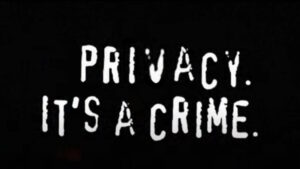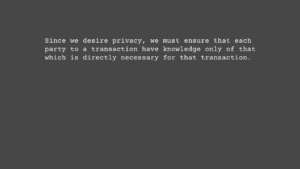On 1 July 2025, the EU’s Code of Conduct on Disinformation transformed from a voluntary action into a mandatory requirement under the Digital Services Act (DSA). Large online platforms and search engines must now meet stringent transparency standards, undergo annual audits, and demonstrate efforts to curb what Brussels terms “disinformation” or face regulatory action.
The EU leverages “disinformation” and “hate speech” as pretexts to restrict free speech, aiming to steer public discourse away from criticism of state-level overreach using mandatory audits and algorithm scrutiny.
This was the case in 2020 during widely unconstitutional lockdown and experimental mRNA tech mandates (for which there has yet to be any semblance of accountability). One might recall that top-level censorship resulted in billions of people participating in experimental pharmacological products without proper public discussion or risk assessment.
The DSA now pressures online platforms like X to censor current and emerging narratives inconvenient to bureaucrats in Brussels, framing dissent as a societal risk. This aligns with broader overreach efforts such as the proposed CSAM bill, the EU’s digital ID rollout and plans for a euro-central bank digital currency launch in October 2025.
The DSA’s timing is notable, following closely on proposals to seize €10 trillion in private savings to fund military and industrial investments on the continent, suggesting a coordinated push to consolidate the EU bloc. Its implementation coincides with strained EU-US trade negotiations, risking tensions with American tech firms and policymakers wary of censorship disguised as risk management.
As of July, Very Large Online Platforms (VLOPs) face yearly audits to assess supposed-disinformation risk management, with compliance to the Code expected despite its “voluntary” status. A Commission spokesperson clarified, “Compliance with the Code is voluntary; compliance with the DSA is not.”
Brussels must somehow justify this regulatory framework amid growing scepticism and backlash from international partners, particularly as it attempts to leverage what’s left of its credibility to maintain the veil of freedom in Europe, global tech and trade relations, and the incoming rollout of a Euro token that’s far removed from any professed principles of liberty by its very nature.
Oddly enough, much like those who did not comply with mRNA mandates, companies that abstain from DSA compliance may yet be better off in the future.
If you found this article useful, consider sharing it.


